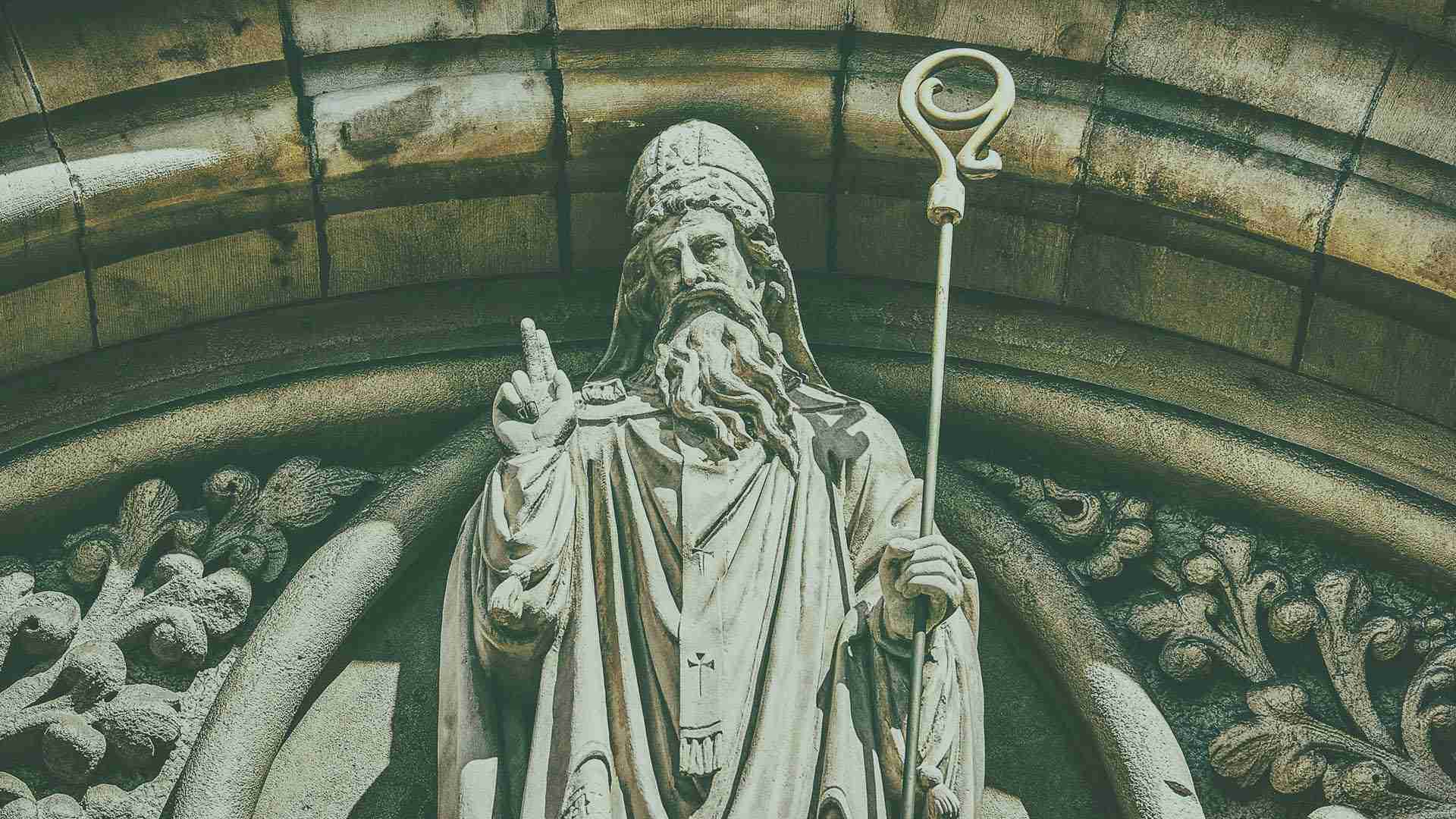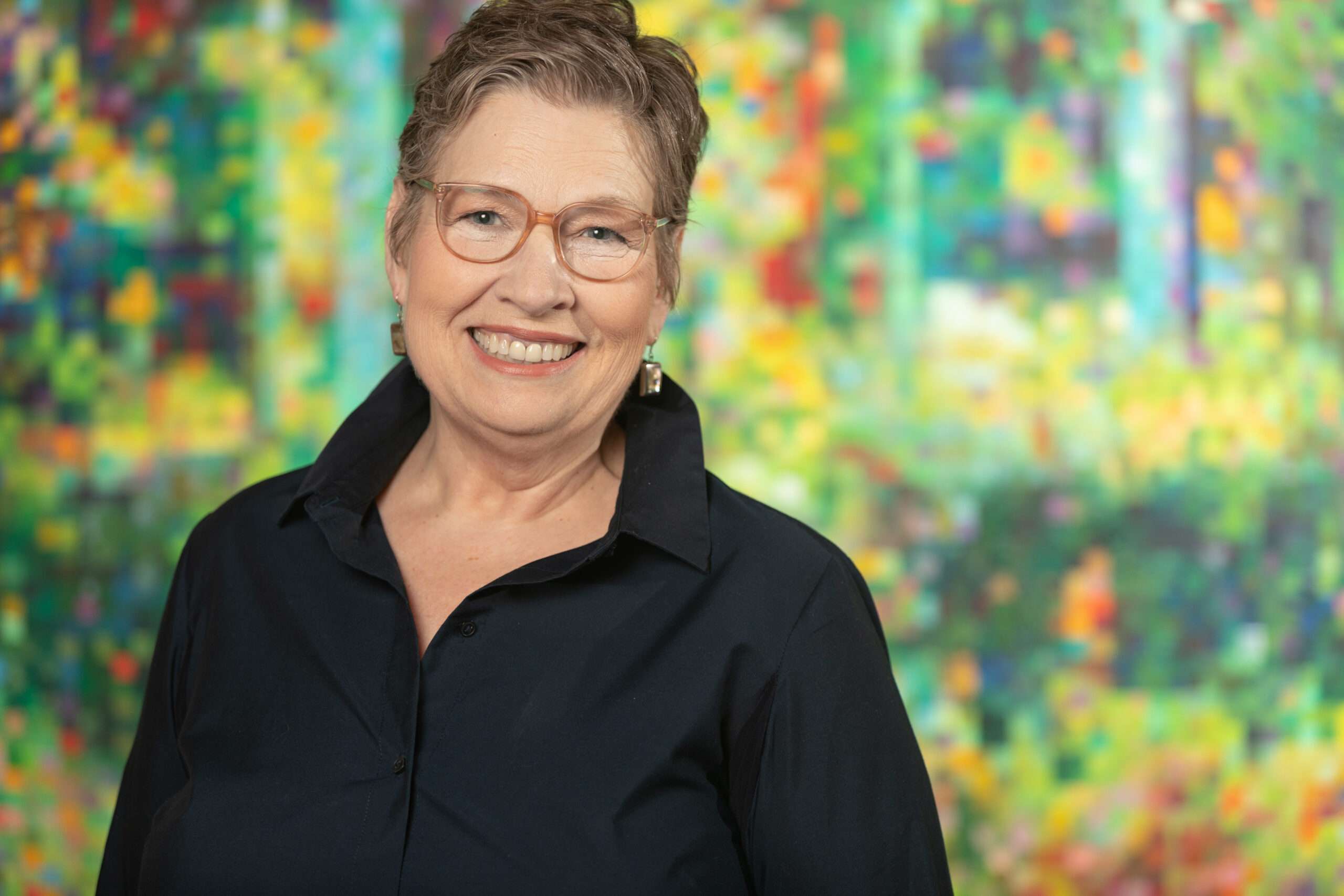Do you like shows about serial killers? Do you find yourself watching documentaries about murder, crime, and all sorts of moral decay? Do you think that’s weird? Well, you’re just like tens of millions of other people worldwide.
But why?
Earlier in the year, I spoke to behavioral scientist Michael Caparrelli, a former pastor of 16 years, a college professor, and a recipient of a Ph.D. in advanced studies of human behavior, for Rapzilla’s CHH-ish Podcast. Dr. Cap, as he is known, wrote a book called Monster Mirror: 100 Hours with David Berkowitz, Once Known as Son of Sam.
The story starts with one of America’s most ruthless and notorious serial killers who has since converted to Christianity, whom Caparrelli befriended. Our discussion along with the details of his book offer a fascinating look at the human condition and why we — yes, we — all hold the potential to be just like the Son of Sam.
For those who are not into crime docs and stories of true crime, some stats to back up just how many people consume this content: According to BetterHelp, a platform that offers online counseling and therapy services, “Recent research shows that approximately 50 percent of Americans enjoy the true crime genre, and about 13 percent say it’s their favorite.”
In 2021, The Ringer published an article that dove into this fascination of crime by seemingly normal people. The results were unbelievable:
The movie-industry tracking website The Numbers maintains daily rankings for the streamer dating back to March 24, 2020, about a month after Netflix rolled out the top-10 feature on its app. Since then, eight Netflix true-crime docs have hit no. 1 and held that position for a total of 58 days—or more than 12 percent of the days available in the data set. Another four peaked at no. 2.
Further, true crime makes a killing as audio podcasts.
“According to one survey, it was the third-most-popular genre in the medium in 2020—outpacing sports and even politics in an election year—and it’s produced a new breed of semi-celebrities,” the article read.
Back to Dr. Cap.
Caparrelli told me one of the challenges of his book was writing from the perspective that “psychopaths and narcissists are other people.” In other words, he believes we all — people, that is — have this inherent potential to be like those we see on TV.
“You go on social media, everybody’s ex is a narcissist, and everybody else is a psychopath. We have a culture that is very in tune with everybody else but very lacking in being self-reflective,” he stated. “It’s never you; you’re never the narcissist. A million selfies, right? I mean, it’s always somebody else.”
He continued, “There’s a psychopath, a potential psychopath, in anybody. If you mull over the resentments you have toward somebody for about six months, if you brood over every resentment, every betrayal, every injury, brew over it for six months, look in the mirror, berate yourself, say awful things about who you are, isolate, pull away from community — you will be shocked at what you evolve into.”
Caparrelli says that the idea of the hidden psychopath flies in the face of contemporary culture because we live in a society that’s always pointing a finger away from accountability: “The Bible makes it clear: The heart of man is wicked and deceitful above all things. Not the heart of a psychopath — the heart of mankind. And then you have centuries of literature in psychology and fiction. Go to the 1800s: Crime and Punishment by Fyodor Dostoevsky in 1866 talks about an average man becoming psychopathic and describes that process in detail.”
David Berkowitz was not born a serial killer. He was born a baby, who became a young boy, then a teenager. Something caused him to evolve into what he became.
One of the greatest examples of a quick fall into depravity would be war. In 1940s Germany, for example, those who stood with Hitler and the Nazi party believed they were on the right side of history. The Netflix documentary Ordinary Men tells the story of how everyday working-class people became maniacal killers and wardens of torture to those in internment camps. The hardworking father who spent long days hauling lumber at a construction site never foresaw that he’d be hauling women and children into gas chambers.
“Before the Germans executed the Jews during World War II, there was lots of social distancing — a separation of ‘you stay there, we’re here.’ That social distancing lowered empathy, objectifying people. It became easier to discard people as objects instead of seeing them as humans,” Caparrelli explained. That evolution of dehumanization began with distance.”
And that statement is extremely relatable. Remember the pandemic; death became a statistic. Our empathy eroded. After stay-at-home mandates, “normal people” forgot how to be normal people when they came back outside. It felt easier to disregard the safety of others or to devolve into fear and paranoia toward other people.
“COVID-19 hits, and suddenly people are killing each other for toilet paper. Not literally killing, but you see how quickly we change under certain circumstances,” said Caparrelli. “During the 2020-21 quarantine, isolation caused lots of contention. You think aggression on social media was just because of politics or George Floyd? That was some of it, but isolation was another major factor. When you isolate, strange things happen. Cortisol and adrenaline increase, while oxytocin levels, tied to empathy, decrease. We become more aggressive and less empathetic. The contention in 2020 and 2021 was off the charts. One of the underpinnings of that behavior was isolation.”
He continued, “Man does not do well alone. Even the most introverted person is still a social creature who needs community. Without it, we don’t do well. Look at the focus in the New Testament on assimilating into the body of Christ, on becoming a part of the people of God.”
David Berkowitz was a loner. He described himself as “an outsider watching the world go by, programmed to kill.”
“He tied together isolation and violence,” said Caparrelli. Combined, those two things became a toxic ingredient in the recipe that set him off.
Let’s go back to the original point of this discussion. Why does culture love true crime?
Quite simply, it’s a reflection of our potential selves in the mirror looking back, “I know I wouldn’t do it, but it might be cool to take a peek.” That is the monster mirror Caparrelli is talking about.
“The first reason is that we want our psychopaths around. We want to know, that’s a psychopath because it makes us feel a little better,” stated Caparrelli. “It’s kind of like the Pharisee in the tax collector parable, where the Pharisee says, ‘Thank God I’m not like those prostitutes, drunkards, and tax collectors.’ We want to stand up and say, ‘Thank God I’m not like the psychopath.’”
The psychopath makes us feel better about our own morality. Caparrelli likens it to a line in Scarface, where Tony Montana stands up in a restaurant and says, “You need bad guys like me.” Because if we can identify the bad guy, we hold the moral high ground.
A second reason for the fascination with true crime, Caparrelli said, is that some people have the “subconscious wish to hurt”:
Anonymous surveys reveal that many people would commit awful crimes against each other if they could get away with it. There’s a lot of data collected by behavioral scientists that show we have these wishes to hurt. Often, it’s law and order, or maybe guilt, that keeps us in place. So you watch a movie or read a book, and there’s a vicarious thing happening where you can sort of release what you’re feeling through someone else, and even gloat in that.
Lastly, Caparrelli quotes Jordan Peterson, who spoke on reconciling morality with psychology: We love the anti-hero, especially the “cool” villain: “We’re trying to reconcile our dark side, or the ‘shadow’ as [Swiss psychiatrist] Carl Jung would call it, with our virtuous side. It’s an integration.”
Take the fictional serial killer Hannibal Lecter from The Silence of the Lambs. Lecter has charming qualities and even saves Clarice Starling’s life, keeping her safe from man-eating boars. At the same time, he’s a bad guy.
“He’s a bad guy and a good man, all wrapped up in one. I say ‘good’ loosely, but he’s got qualities of goodness as well as badness,” shared Caparrelli. “We’re all seeking that wholeness, that integration of the shadow with the virtuous side. That’s probably why we’re drawn to the serial killer and drawn to true crime.”
This is exactly what makes The Purge movies and TV series so scary. As the premise goes, for just one night only, once a year, all crime is legal. You do not have to participate; but if you do, murder, drugs, violence, theft, etc. are all game. Even if you are not “playing the game,” you may need to defend yourself from those wishing to do you harm. With no repercussions, what would we do?
You’ve heard “you are what you eat” or “garbage in, garbage out” and whatever other phrases can be thrown out about how the things we consume affect us. If society is doing nothing but watching the pain of others and desensitizing themselves to extreme violence through real-life stories, what happens when it hits close to home? Never mind all the “make-believe” chaos we expose ourselves to in action movies, comic books, video games. That’s a story for another day.
Anyway, do you like shows about serial killers?





